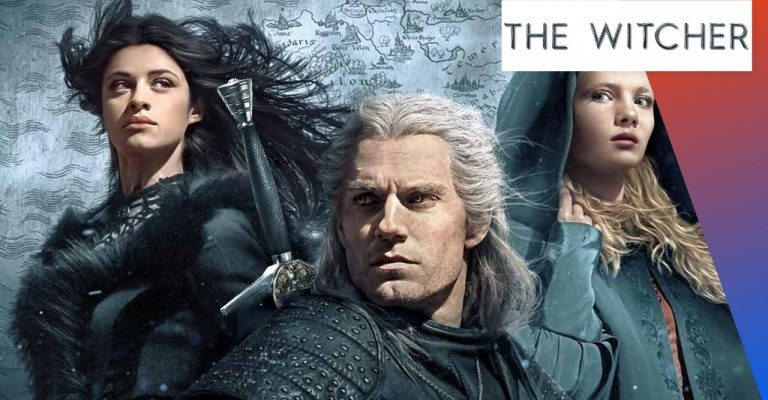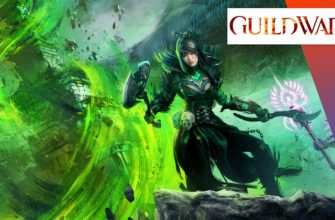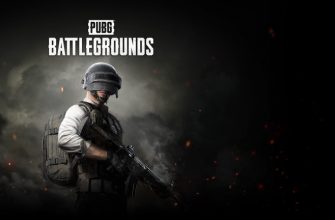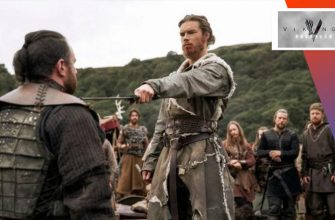Considered the Polish Tolkien, Andrzej Zapkowski wrote the literary saga The Witcher (The witcher in English). Critical and public success, his fantastic work is transposed just as well to video games since The Witcher 3 is considered by many as one of the games of the decade. Over the years, the franchise has built a community of fans increasingly expert in the history and world of Geralt de Riv, the main character of the saga. And of course, this does not escape them when the adaptations take their liberties with respect to the original work.
This is what happened with the second season of The witcher, available on Netflix since December 17th. Adapted from the first novel of the saga, named Blood of the Elves, the second season leaves the frame of the book slightly. For example, it’s Eskel, one of Geralt’s witcher colleagues, who gets killed in the Netflix adaptation … while he remains alive and well in the books and in the third game. A choice that must have scolded the community since Lauren S. Hissrich, the director of the series, deemed it relevant to talk about it on Twitter to justify this choice:
Let’s talk about Eskel.
– Lauren S. Hissrich (@LHissrich) December 29, 2024
Let’s talk about Eskel.
To justify Eskel’s death in season 2, Lauren S. Hissrich explains that we must first talk about Geralt and his relationship with his surprised daughter, Ciri. In the first book (which serves as the source material for this second season), Geralt spends his time with Ciri to understand her, and better understand her powers in order to protect her as best as possible and keep the promise made to his grandmother. It is therefore a question of a lot of dialogue between Geralt and Ciri, something Lauren S. Hissrich could not adapt as such to the screen:
After writing scripts for multiple episodes, most TV audiences don’t want to watch eight episodes of characters listening, watching, and waiting. Especially when the main character is synonymous with combat, magic and adventure!
A choice all the more justified as the second season arrived after a two-year break. It was therefore necessary to find a way to satisfy the expectations of viewers in terms of drama and action while illustrating Geralt’s initiatory journey as a father. From then on, the director decides to use Kaer Morhen as a framework for action: it is the base of the witers, the place where Geralt grew up and is supposed to feel the safest. Despite this, all does not go as planned since Eskel, one of his best friends, does not behave as usual.
but the monstrous infection has taken over so deeply that he’s lost himself. Geralt makes a choice that breaks his heart: he sacrifices Eskel to save Vesemir.
And now we have a mystery for Geralt to solve: what happened to Eskel? And how does it involve Ciri?
– Lauren S. Hissrich (@LHissrich) December 29, 2024
A monstrous infection has taken such control over Eskel that he is no longer in control of himself. Geralt must sacrifice Eskel to save Vesemir (whom he considers to be an adoptive father). Now Geralt must solve a new mystery: what happened to Eskel, and why Ciri is involved?
To conclude, Lauren S. Hissrich concludes by explaining that Eskel’s death constitutes a major event in the rest of the season by posing the following dilemma: how far will Geralt go to protect his daughter? What is more important: being a father or being a witcher?
In any case, an adaptation of a saga of the caliber of The Witcher does not seem to be done without concession and it is sometimes necessary to twist the neck to the intrigue to satisfy the needs of the audience. Sacrifices that we may see again in season 3 of The Witcher, which is already in production.









